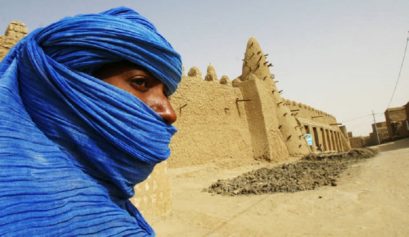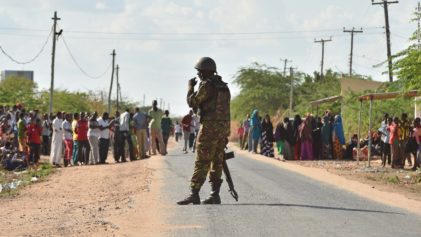No more than a day after the defense ministry of Yemen reported the death of Said al-Shihri, the second-in-command for Al Qaeda in the Arabian Peninsula (AQAP), Minister of Defense Mohamed Ali Nasser was targeted by a car bomb just outside of the prime minister’s office in Sanaa.
Though Ali Nasser was uninjured in the attack, 13 bystanders were killed in the attack. No one has stepped forward to claim responsibility for the bombing, but it is believed to be the swift retaliation of Yemen’s AQAP militants.
Said al-Shihri was the highest ranking Saudi member of the militant group before his death. He had previously been captured by the U.S. and held in Guantanomo Bay for six years, before being released back to Saudi Arabia after completing a “rehabilitation” program in 2008. Just weeks after he was freed he rejoined the fight in Yemen, serving under Nasr al-Wuhayshi, who is the head of AQAP and a former aide to Osama bin Laden.
Details on Shihri’s death remain unclear, as Yemen’s ministry of defense claims that Shihri was killed along with six others by a Yemeni military strike in the eastern province of Hadramawt. Meanwhile the Associated Press released a story contradicting the ministry’s statements, instead listing a U.S. military drone as responsible for the strike, and quoting anonymous sources from within the Yemeni military.
CIA Director David Petraeus identified AQAP as the “most dangerous node in the global jihad,” and Shihri’s death is considered a major victory. AQAP has been linked to a number of terrorist plots, including the December 2009 attempt to destroy a passenger airplane in Detroit. Yemeni forces were forced to seek aid from the U.S. in pushing back AQAP-linked militants leading an uprising against former President Ali Abdulla Saleh last year. Fighters who had established footholds for more than a year in Yemen’s southern Abyan province were ultimately pushed back.
Though AQAP may be reeling from the loss of one of its leaders, the attack on Nasser has shown that the group remains resilient. Abdulghani al-Iryani, a Yemeni political analyst, offered insight on the group’s continued aggression.
“With their defeat in Abyan, Al Qaeda and their allies have decided to bring the battle to Sanaa,” he told the Christian Science Monitor. “But while these attacks may demonstrate that they are still a threat, they will also antagonize the population against them.”


